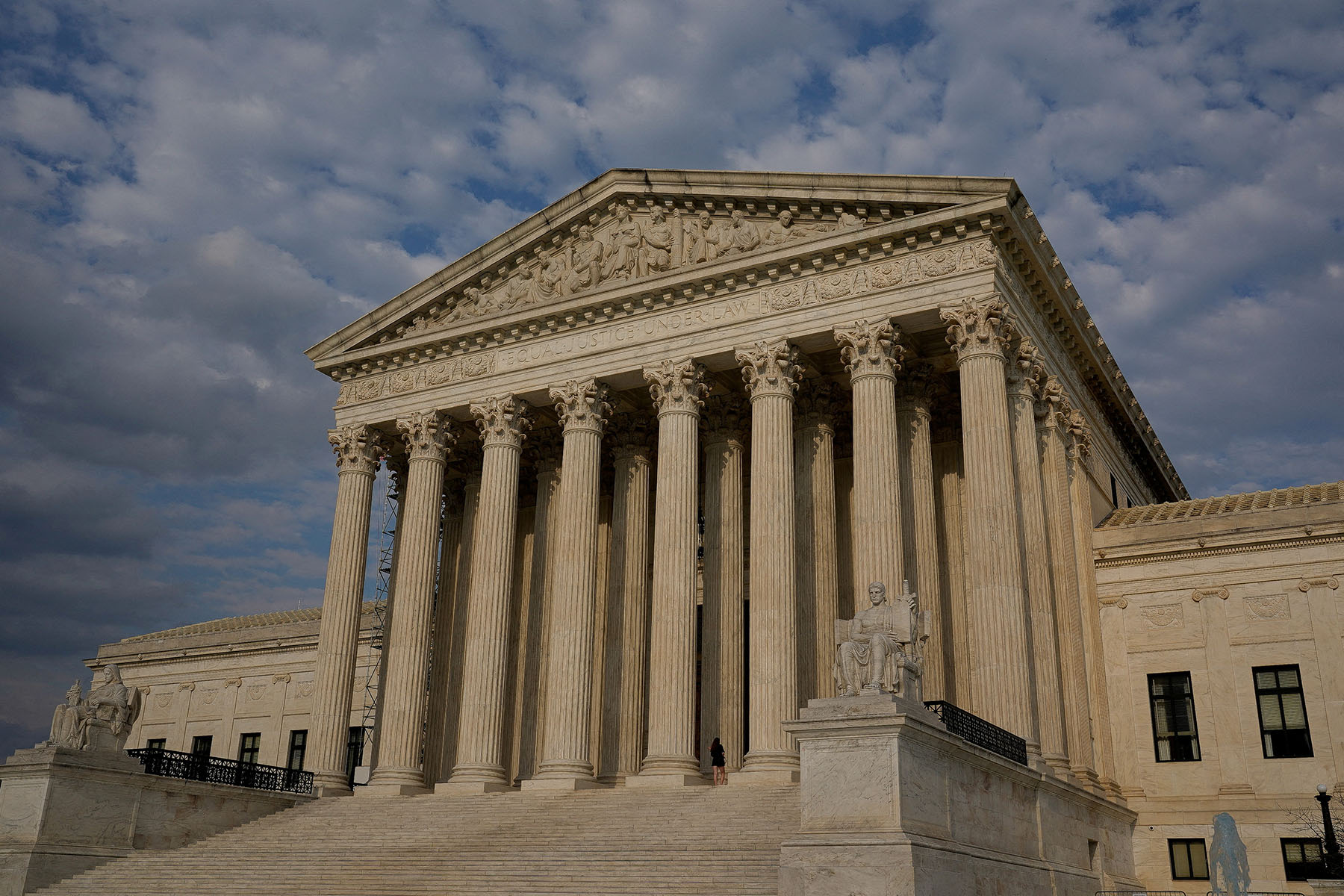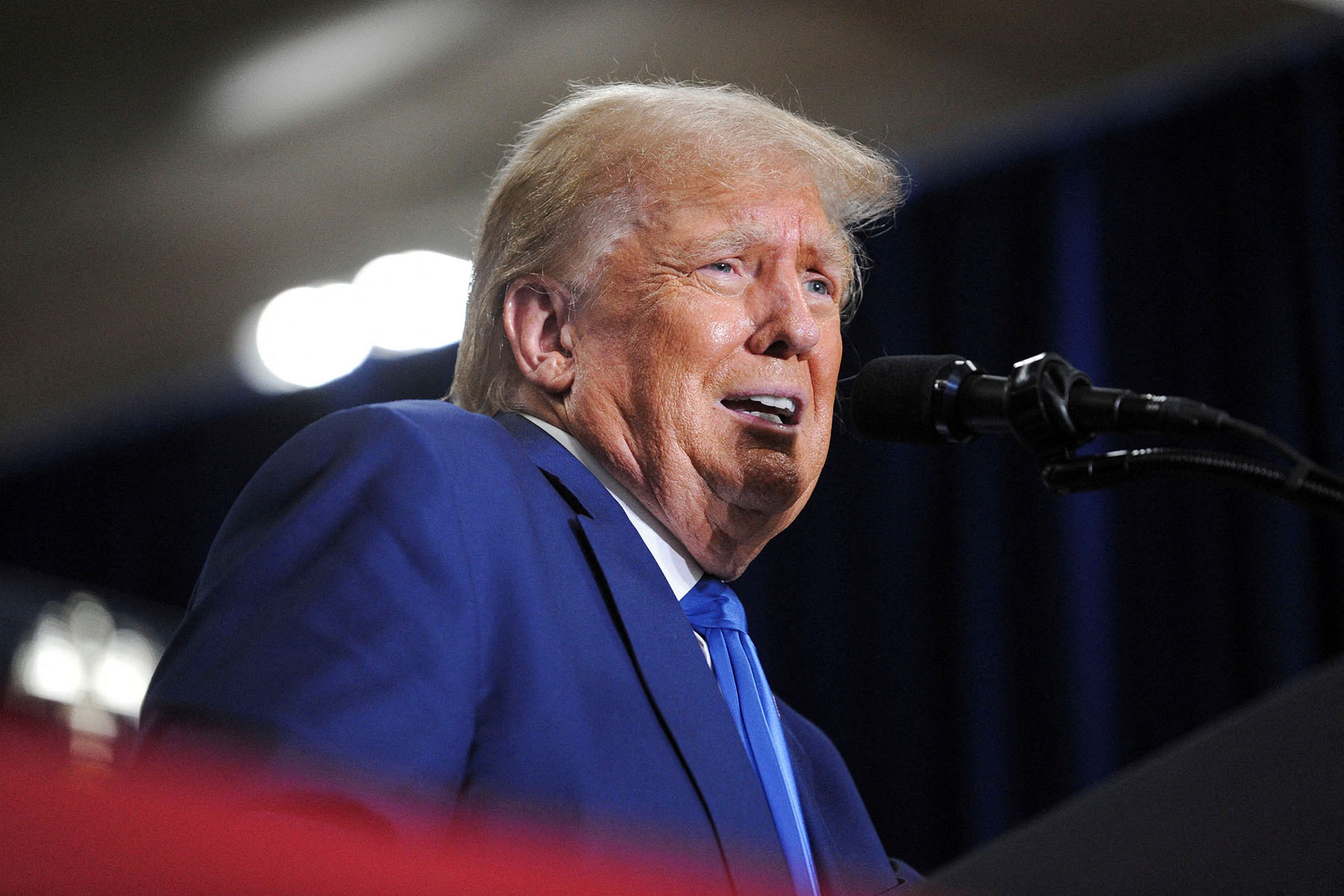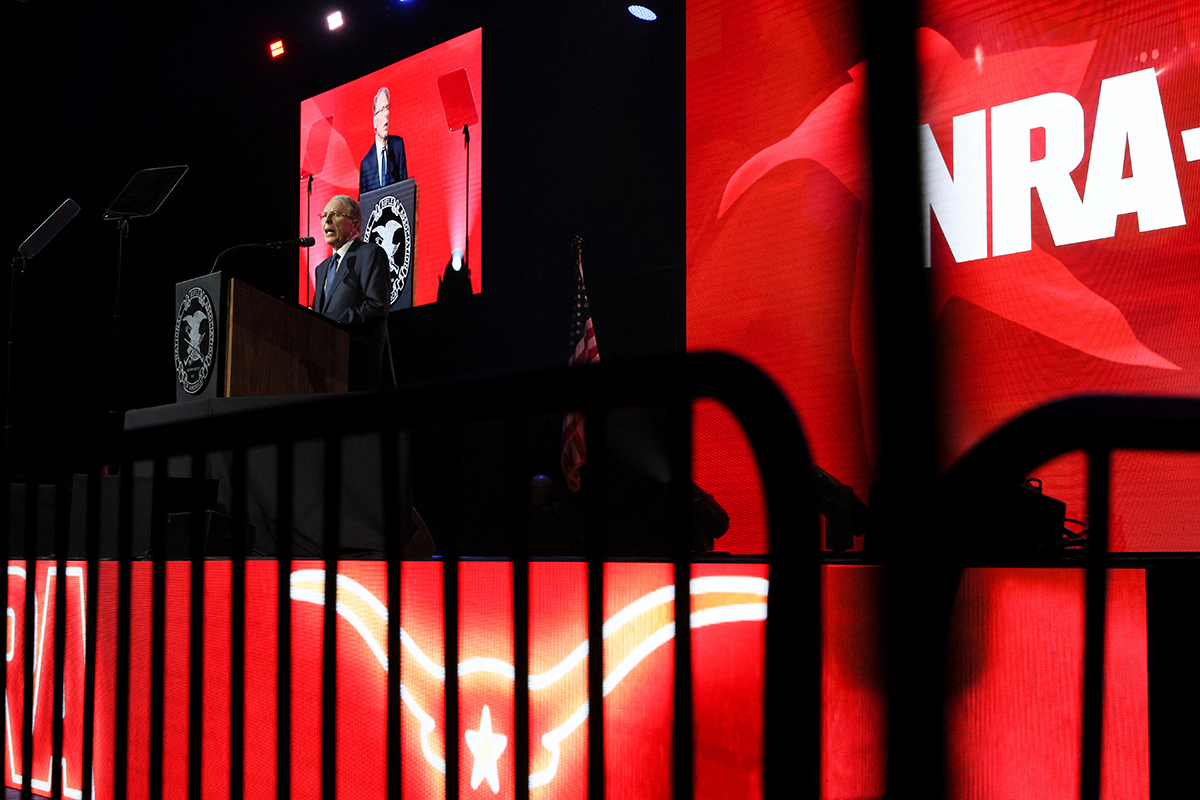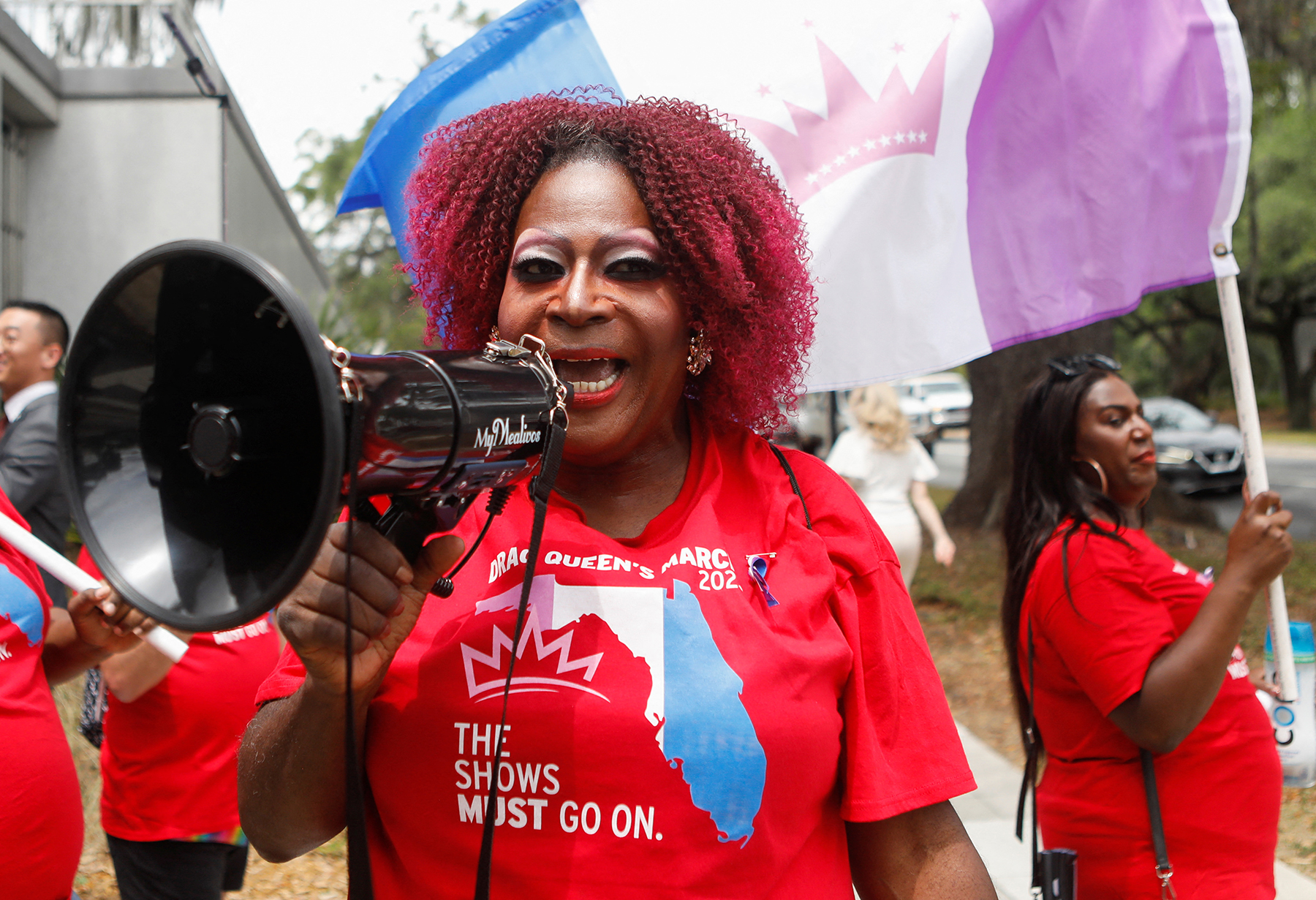Trump Asks Supreme Court To Overturn Colorado Ruling Barring Him From 2024 Ballot
Trump appealed a 4-3 ruling by the Colorado Supreme Court that marked the first time in history that Section 3 of the 14th Amendment was used to bar a presidential contender from the ballot.
Supreme Court Rejects Push to Fast-Track Ruling in Trump’s Election Subversion Case
The ruling is a scheduling win for Trump and his lawyers, who have sought repeatedly to delay the criminal cases against him as he campaigns to reclaim the White House in 2024.
The NRA Has a Surprising Defender in Its Free Speech Case Before the Supreme Court
The American Civil Liberties Union confirmed Saturday that it would provide legal representation for the gun-rights group in its First Amendment case.
Supreme Court Won’t Allow Florida To Enforce Its Anti-Drag Show Law During Appeal
Florida had asked the court to allow the law to be enforced everywhere except at the Hamburger Mary’s restaurant in Orlando, which challenged the law’s constitutionality.
Supreme Court Will Hear an NRA Appeal in a Dispute With a Former New York State Official
The NRA claimed that remarks by former New York State Department of Financial Services superintendent Maria Vullo violated the group’s First Amendment rights.
Supreme Court Considers Whether Public Officials Can Block Critics on Social Media
The two cases are the first of several controversies appearing before the high court in the coming months about free speech protections online.
Florida Officials Ask Supreme Court to Block Rulings Limiting Anti-Drag Show Law
The application asks that the prohibition against enforcing the anti-drag show law only be limited to the Orlando, Florida, restaurant which challenged its constitutionality.
Supreme Court Blocks Restrictions on White House Contacts With Social Media Companies
The justices said they would hear arguments in a lawsuit accusing administration officials of unconstitutionally squelching conservative points of view.




